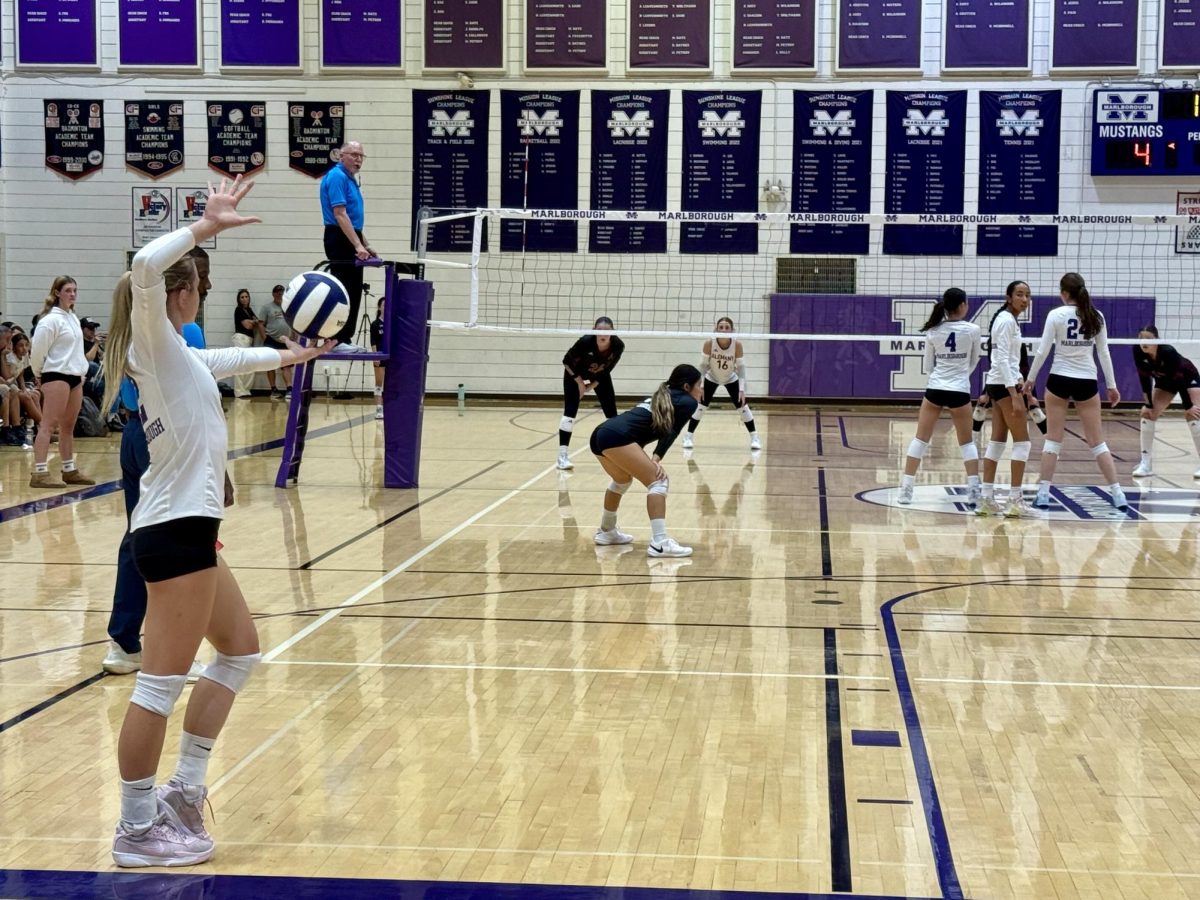
The upcoming 2014 Olympic games in Sochi, Russia, slated to take place from Feb. 6 to Feb. 23, are fraught with controversy, especially regarding whether or not the United States should compete. Many believe that Russia’s anti-gay laws contradict the non-prejudice ideals that define the Olympic games.
This summer, Russian President Vladimir Putin signed several anti-gay laws, including a law that bans the adoption of Russian children to gay couples and one that gives Russian police the ability to arrest tourists they suspect of being homosexual. Putin also signed a law that characterizes “homosexual propaganda” as pornographic and bans the promotion of “nontraditional sexual relations” to minors.
Subsequently, the International Olympic Committee (IOC) teamed up with Russian gay rights activists to pursue an investigation of the legal implications of anti-gay laws in Russia.
According to the IOC’s official statement, “The goal of the Olympic Movement is to contribute to building a peaceful and better world by educating youth through sport practiced without discrimination of any kind.”
Since Putin signed the laws, there have been bans on gay pride parades in multiple cities in Russia, and violence toward homosexuals (or suspected homosexuals) has increased.
The most pressing question is how Russia’s anti-gay laws will affect the Olympic games. Some activists believe that boycotting the Olympics is necessary because it sends a message to Putin that he is violating fundamental human rights.
Rennae Stubbs, a former Olympic tennis competitor for Australia who is openly gay, noted on the news analysis site PolicyMic. “Sport doesn’t discriminate. So don’t allow a country that does to become a future host,” she said.
Many athletes who have worked hard for their whole lives in order to compete in the Olympics are not willing to simply back out of the games.
Greg Louganis, a four-time Olympic diving champion, also spoke out on PolicyMic. “There are far too many athletes for whom the 2014 Sochi Olympics represents their only chance of success. A boycott will only hurt these athletes’ careers,” Louganis said.












